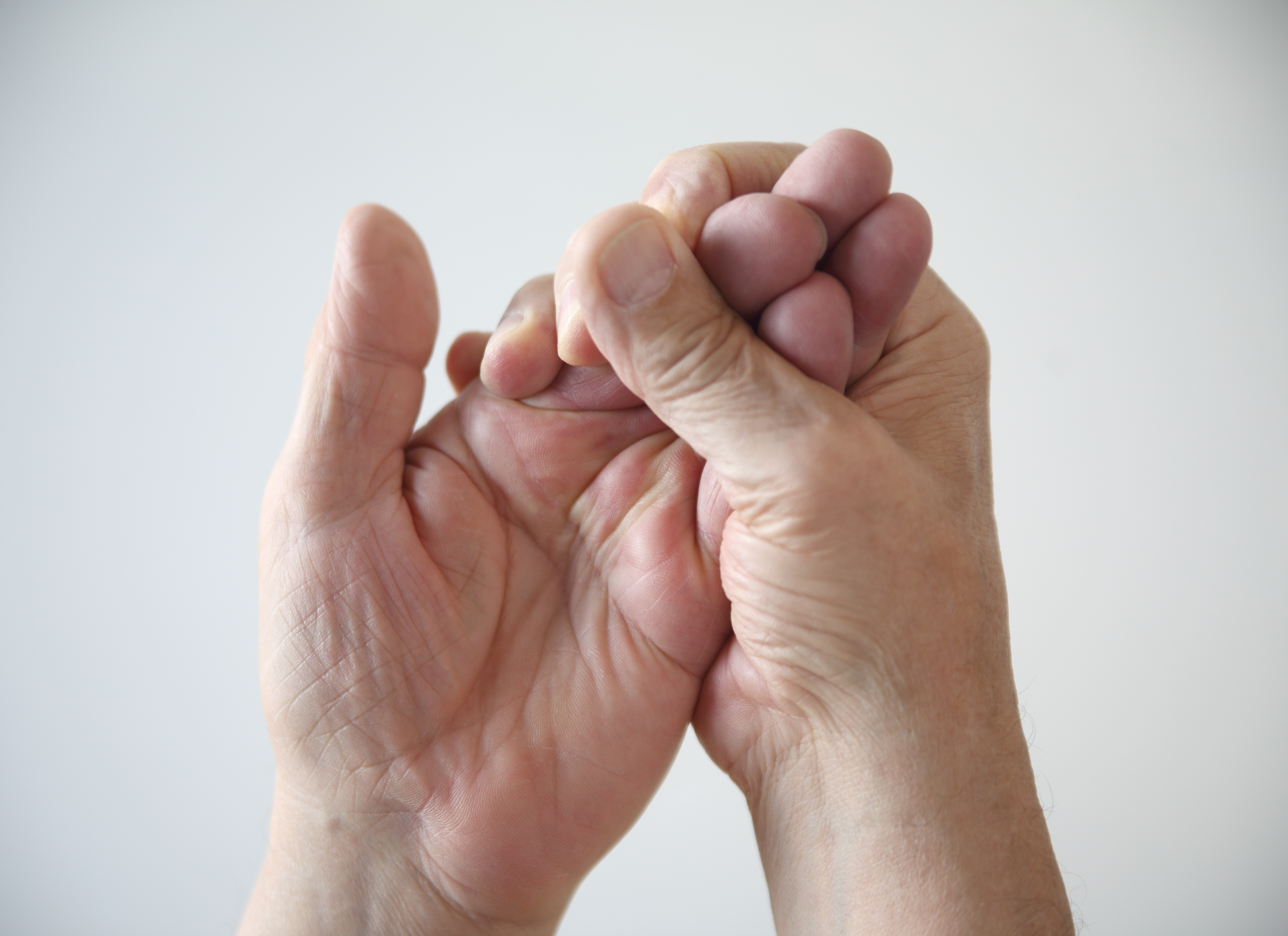5 Common Urgent Care Minor Injury Treatment Procedures

Urgent care facilities provide easy access to quality healthcare for many patients, especially when the offices of their primary care physicians are closed. A variety of conditions can be treated at urgent care centers. For minor injuries, you can save time by visiting an urgent care center for treatment. However, urgent care is not recommended for life-threatening conditions.
Urgent care or primary care
A primary care doctor plays an important part in a patient’s long-term health. But urgent care facilities can support patients who are going through urgent medical conditions. They are mainly helpful to patients who cannot wait for an appointment. Here are some of the minor injuries treated at urgent care centers.
Minor burns
Every year millions of people in America seek treatment for burns. A large number of them usually go to urgent care facilities. If a patient goes to a doctor for burn treatment, the healthcare provider will assess the severity of the burn by examining the skin. The treatment of burns depends on several factors, including the location and severity of the damage. Treatment may involve medications, therapy, and wound dressings. Most minor burns can be treated at home and often heal within a few weeks.
Sprains
A sprain is typically a tearing or stretching of a person’s ligaments. The most common locations for sprains are ankles, wrists, knees, and thumbs. During a physical exam, the doctor will check for swelling and any points of tenderness in an affected limb. The intensity and location of the pain can help determine the nature and extent of the damage.
Digital X-rays can help a doctor rule out a fracture or other bone injury. Magnetic resonance imaging (MRI) can also help to diagnose the extent of the problem. If a person has sprained ligaments, then rest, ice, compression, and elevation (RICE) may be recommended as one of the first treatments. Over-the-counter medications and physical therapy can also help.
A sprain is more serious than a strain. The mild type of sprain is when there is overstretching of the ligament. A severe sprain causes a full or partial tearing of the affected ligament. This type of injury may take weeks to heal. Many patients report that this injury often feels like the bone is broken.
Immediate swelling often happens during a sprain. The individual may feel a significant amount of pain. A person may take many weeks to recover from this type of injury. It is important to have the pain checked right away, especially if the individual is a child.
Observing the injured area is important. The symptom of a broken bone and a sprain are similar, especially in children. There is swelling and pain in the affected area. The individual cannot use the joint at all.
Minor cuts and bruises
Cuts and bruises are some of the most common injuries treated at urgent care facilities. A person should visit an urgent care clinic for the treatment of cuts that do not involve a lot of blood but are still serious enough to require stitches. If a bruise is bad and also extensive with skin loss, it should be checked out. Cuts and bruises should also be examined if there are signs of swelling and reddening of the injured area. This will allow the wound to be attended to, and antibiotics can be prescribed to help deal with an infection.
A minor cut or bruise can stop bleeding after three minutes or so. The direct pressure on the injured area for about 10 to 15 minutes can stop the bleeding. Washing the area with plain water can remove impurities and debris. Topical antibiotics on the wound can get rid of or stop the infection before it worsens. Covering the wound with a watertight and airtight dressing can help protect it from bacteria and contaminants.
Bone fractures
Bone fractures are extremely common. A doctor may be able to tell upon examination if a person has broken a bone. But an X-ray may be ordered to confirm the fracture and to also identify the type of fracture. Most fractures are treated by immobilizing them in a splint or cast, but some often also require antibiotic treatment to prevent infection. Physical therapy can also help to regain full range of motion.
Contact an urgent care clinic
For minor injuries that involve only moderate pain, you should consider visiting an urgent care facility. Urgent care centers can treat a variety of minor injuries, including minor burns, sprains, cuts, bruises, and bone fractures. If you need urgent medical attention, an urgent care center is ideal. Contact an urgent care clinic near you to learn more about common urgent care minor injury treatment procedures.
Call us today at (832) 941-1894 for more information from Texas Urgent Care & Imaging Center.
Check out what others are saying about our services on Yelp: Read our Yelp reviews.
Recent Posts
Walk-in clinic provide convenient, accessible health care for non-emergency medical needs, making it an ideal choice when immediate attention is necessary. Understanding when to visit a clinic can help patients save time, avoid unnecessary trips to the emergency room, and receive quality care for their health concerns. These clinics handle various issues, offering fast, professional…
Walk-in clinics provide minor illness treatment for patients seeking quick and effective healthcare to address their symptoms. These accessible facilities address non-emergency medical concerns without the need to wait days for the next available appointment. The following guide will review some of the most common minor illness treatments offered at walk-in clinics.Respiratory tract infections (RTIs)…
Ultrasounds are non-invasive diagnostic tools used in urgent care and primary care settings to assess various medical conditions. With these images, healthcare providers can identify and evaluate potential health concerns. Understanding when ultrasounds are necessary and what to expect during them can empower patients to make informed decisions about their care.An ultrasound diagnostic scan uses…
A pregnancy testing is one of the most effective ways to confirm pregnancy by detecting the hormone human chorionic gonadotropin (hCG) in urine or blood. In order to produce reliable results, it is important to understand the accuracy, timing, and different options of tests. While many people rely on over-the-counter pregnancy tests, it is important…


